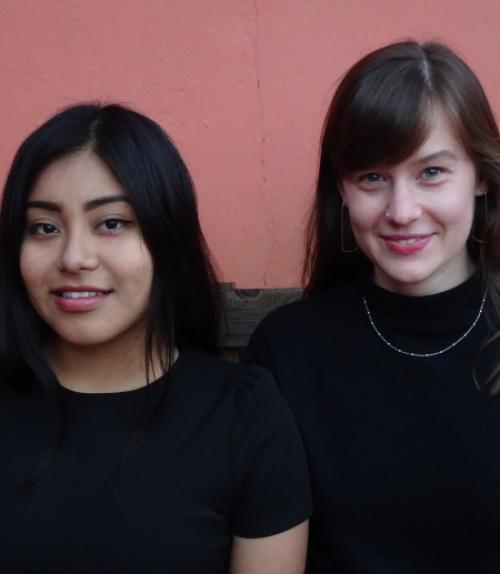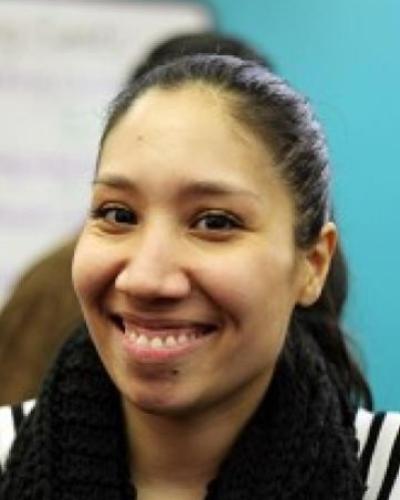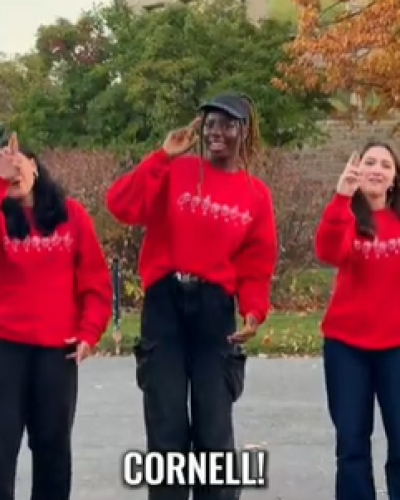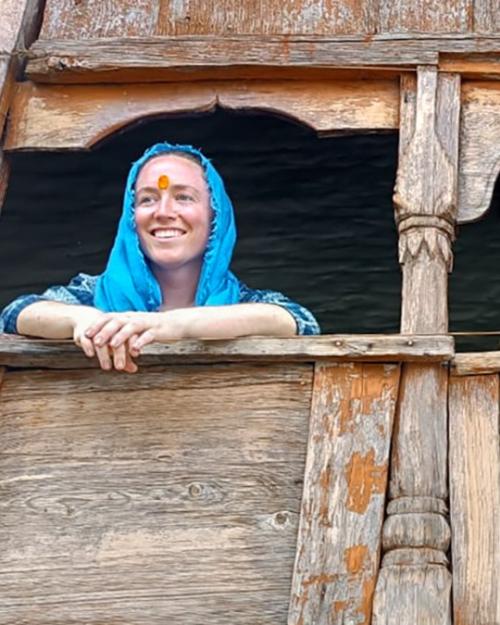 Department Homepage
The College of Arts & Sciences
Department Homepage
The College of Arts & Sciences
Linguistics grad student partners with Mayan speaker for preservation research
Cornell PhD candidate Carol-Rose Little has had a long-standing fascination with languages of other cultures. “I've had an interest in languages since I knew other languages existed in the world,” Little said. “During my undergraduate time (at McGill University), I started working with a community out in Eastern Canada and that's what really opened my eyes to how my love of language can be beneficial to communities that are trying to preserve their language.”




